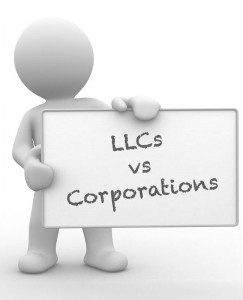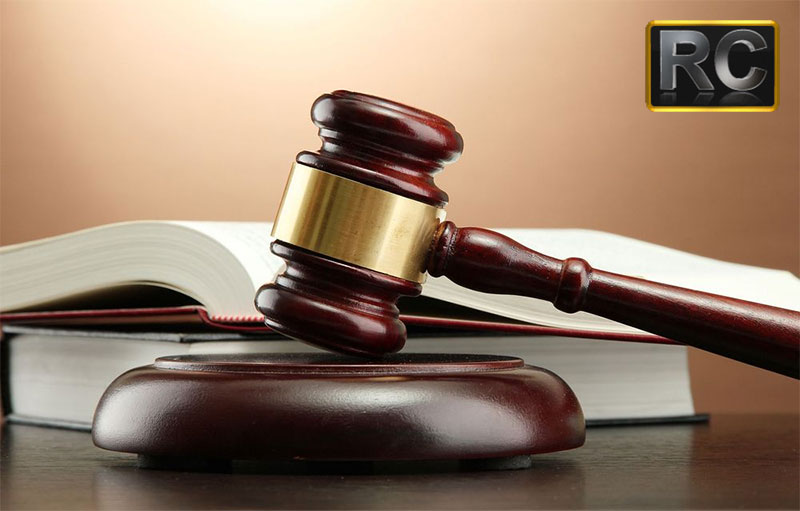 There are many ways to go about finding the right attorney in Coral Springs. Although it may seem an overwhelming task, finding the right attorney is easier than you think. We at Reinfeld & Cabrera P.A. feel that finding the right attorney goes beyond simply sourcing an attorney you need to identify an attorney who suits you personally. Below is a rundown of our advice to help you in finding the right attorney in Coral Springs.
There are many ways to go about finding the right attorney in Coral Springs. Although it may seem an overwhelming task, finding the right attorney is easier than you think. We at Reinfeld & Cabrera P.A. feel that finding the right attorney goes beyond simply sourcing an attorney you need to identify an attorney who suits you personally. Below is a rundown of our advice to help you in finding the right attorney in Coral Springs.
Sourcing an attorney:
Recommendations are a good place to start. Begin by asking your friends, co-workers and employers if they know of, or, could recommend a good attorney in Coral Springs. Business owners and working professionals (like bankers, doctors, and social workers) may also be able to point you in the direction of finding the right attorney in Coral Springs. A common method of finding an attorney in Coral Springs is through Advertisements. Although not all attorneys choose to advertise, attorney advertisements are everywhere – from the Yellow Pages and newspapers to television, radio and the Internet. What is important to remember when finding an attorney in Coral Springs through advertising is to make sure that you keep the advert or make notes for your reference purposes. Another means of finding the right attorney in Coral Springs is through certified lawyer referral services. These are services that help you (as the potential client) find the right attorney in Coral Springs who is experienced in the appropriate area of the law. The Florida Bar (http://goo.gl/s170Q0) offers some information on lawyer referral services. Other means of finding an attorney in Coral Springs includes: Public interest groups; free legal aid agencies; dispute resolution programs and prepaid legal services plans.
Identifying an attorney who suits you:
Now that you are aware of the various methods of finding an attorney in Coral Springs, let’s chat about identifying the RIGHT attorney for your particular needs. It is important that you interview any prospective attorneys by speaking with each attorney personally. The most efficient way of doing this is to outline your needs in advance. Thus when you meet your potential attorney you can properly evaluate them, their behavior and their work ethic. This will help you make a well-rounded decision before beginning your client-attorney relationship. Pay particular attention to their personality (you must feel comfortable with your attorney); their communication and promptness (you want a lawyer who will work hard on your behalf and follow through promptly on all assignments); and their willingness to work with you (you will need an attorney who is willing to assist you in developing an understanding of the legal principles surrounding your problem)
By following our advice, finding the right attorney in Coral Springs, such as Reinfeld & Cabrera P.A., will result in a rewarding and successful relationship.

 Everyone has heard the criticisms of
Everyone has heard the criticisms of  What are the
What are the 